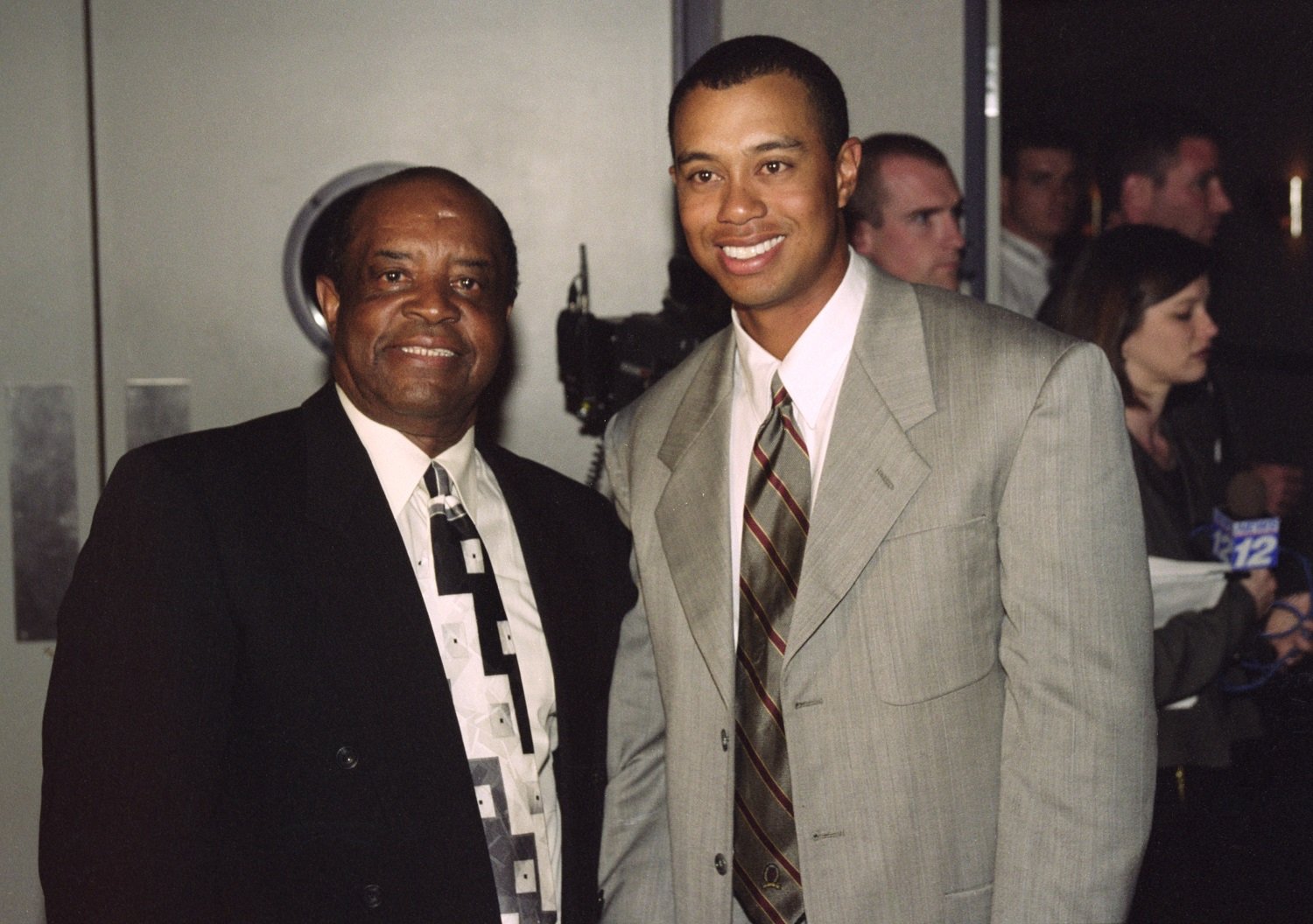The Legacy of Lee Elder; America’s First Black Golf Professional
American golf champion raised in the Jim Crow South and pioneer who busted the doors open for people of color in the sport of golf and made history, is none other than Lee Elder. Born in 1934 from humble beginnings in Dallas, Texas, and losing both of his parents at a very young age to tragic incidents, as a teenager he caddied for the local all-white golf club, Tennison Park Golf Club, which sparked his passion and ultimately lead him to his destiny of becoming a golf legend.
His life circumstances brought him to Los Angeles where he lived with his aunt and he secured another caddying job where his amateur, yet impressive golf skills caught the attention of Titanic Thompson, aka Alvin Clarence Thompson, who was a well-known gambler. The two would go onto traveling around the country hustling other players and winning money and Lee Elder continued to refine his game while moonlighting as Titanic Thompson’s unassuming caddie. He didn’t play a full 18-hole round until he was 18 and later that year, he found himself playing against Joe Louis, a heavyweight champion and golfer. He impressed Louis’ golf coach, fellow black golfer Ted Rhodes and Rhodes took Elder under his wing as his own protégé. In 1961, two years later, Elder joined the United Golfers Association and impressively won 18 out of 22 tournaments consecutively which garnered him notoriety.
In 1968, after earning his first tour card with the Professional Golf Association, Elder found himself face to face on the fairway with Jack Nicklaus, who is often considered the greatest golfer alive. After 72 holes, the two would tie and enter a sudden-death playoff which resulted in Elder losing to Nicklaus in five holes. Nicklaus would refer to Elder as a ‘golf hero’ down the line. While Lee Elder lost that game, he went on to winning four times on the PGA tour, but it was his victory at the 1974 Monsanto Open which would change his life and the game of golf from that moment on, but not without its challenges (and death threats). Just six years earlier, at the same tournament he was forced to change in the parking lot as he was refused entry for the color of his skin.
Lee Elder’s win at the Monsanto Open earned him a spot at the greatest and most revered golf tournament in America, the 1975 Masters, in Augusta, Georgia. It would be the first time a black golfer would play in the tournament and the news would cause a huge stir. “The Masters has never wanted a Black player, and they kept changing the rules to make it harder for Blacks,” he said, adding: “I got them off the hook by winning.” The public response was mixed but riddled with backlash. For security measures, Lee Elder would have to dodge numerous death threats, hire bodyguards, and bounce back and forth between two different houses during his first stint at the Masters.
Even through the racism and adversity, Lee Elder excelled and marched forward towards one of his greatest achievements, being selected as the first black player to represent the US at the 1979 Ryder Cup. “As I look back over the accomplishments I’ve had in my life, the one thing that I’m proudest of is playing in the Ryder Cup and representing my country,” Elder told Golf Digest in 2020.
Lee Elders passed away on November 28th, 2021, at the age of 87, but left behind a legacy that will always be remembered. His role in the history of golf opened the doors for the likes of Tiger Woods and others, with Tiger remarking, “He was the one I looked up to. Because of what he did, I was able to play here (the Masters), which was my dream.” When Tiger Woods went on to win his first Masters in 1997 with a 12-shot lead, Lee Elder was there to cheer him on. They celebrated Woods’ win and accomplishment of being the first black golfer to win the Masters, at the unthinkable age of 21, with an embrace on the 18th hole, a moment of victory for both and the entire black community inspiring generations.





